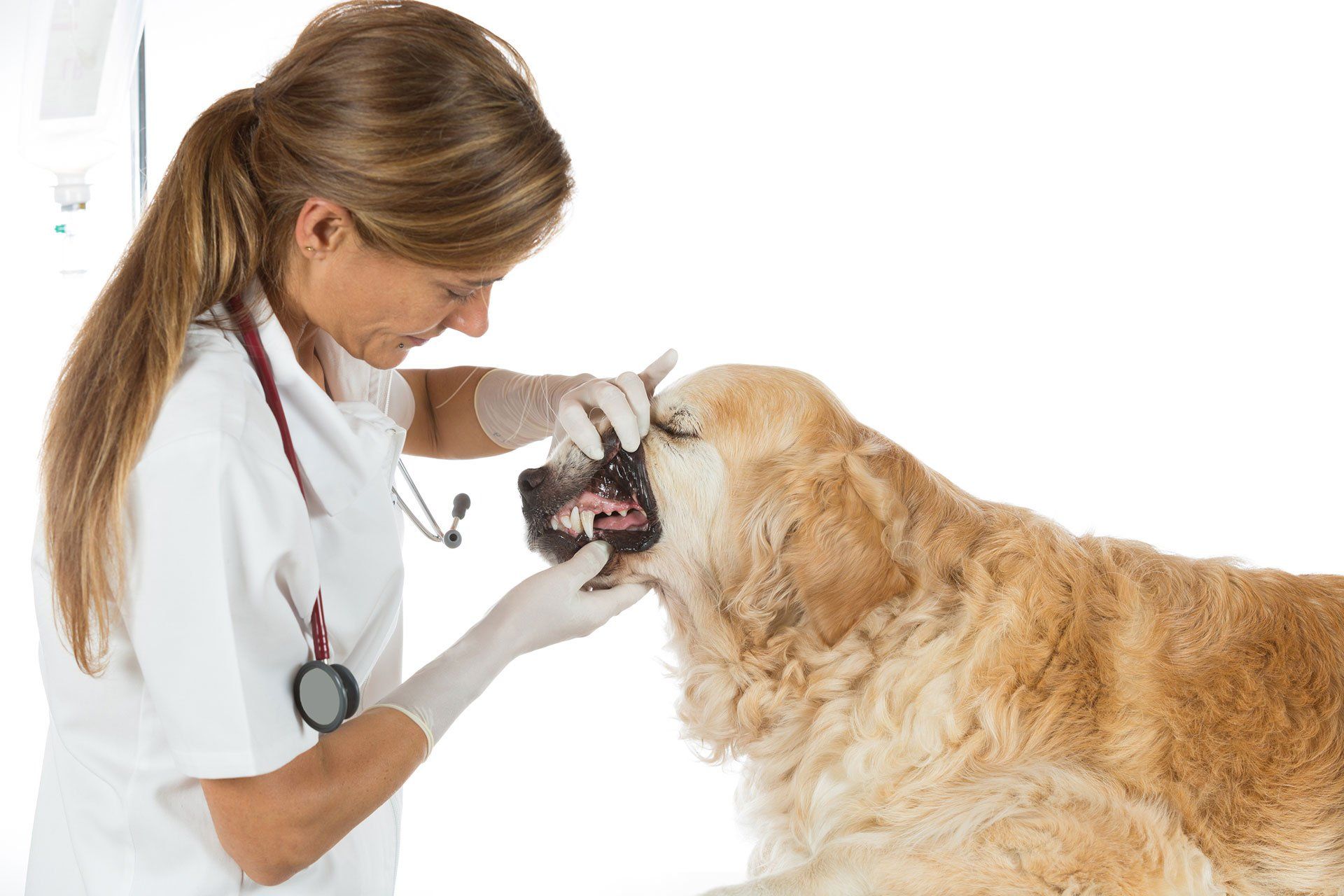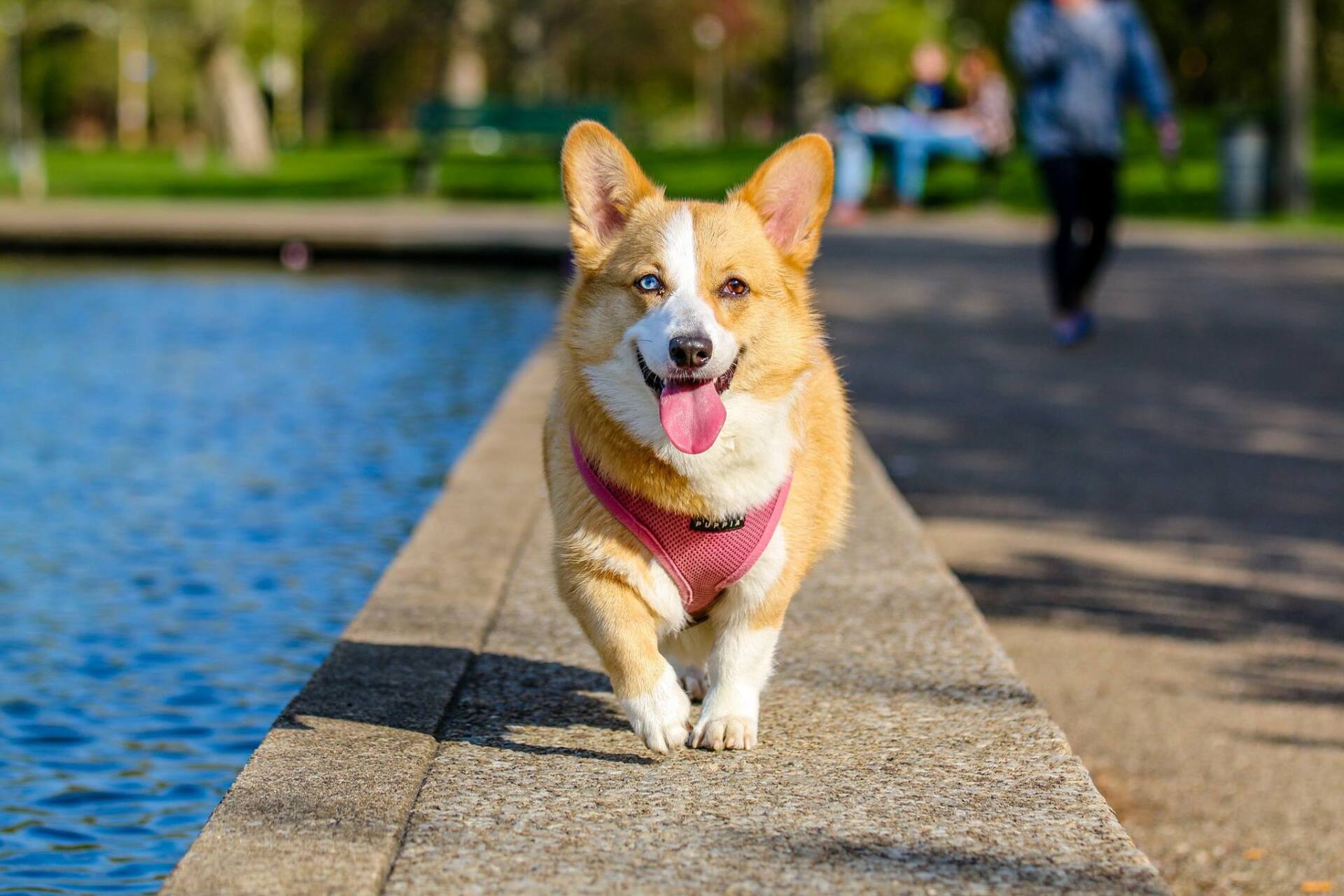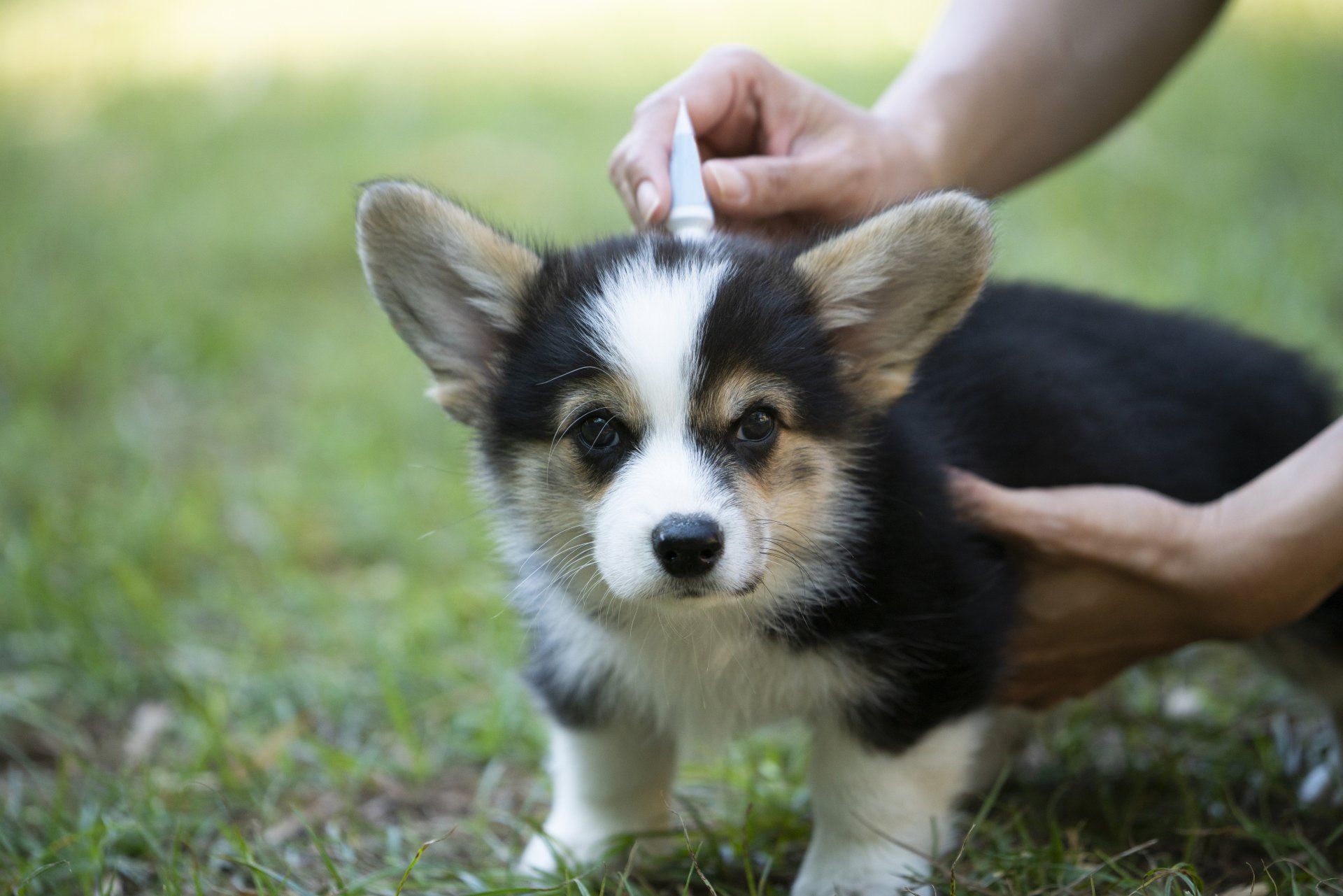Importance of Spaying/Neutering Your Pet
Benefits of Spaying/Neutering Your Pet:
Pet homelessness is one of the biggest problems across the United States. Each year, millions of healthy animals are euthanized because there aren’t enough homes for them. One of the best ways you can help control pet homelessness in the country is by choosing to spay or neuter your furry friend. Any type of surgical procedure can be overwhelming, but there are a variety of benefits to spaying or neutering your animal. From medical to behavioral benefits, check out the following sections to learn more.
Medical
Spaying your female dog or cat will prevent uterine infections and decrease the chances of breast tumors. In male pets, neutering can prevent testicular cancer and reduce the chances of developing prostate issues.
Behavioral
Female Pets
During the heat cycle, female pets tend to meow/bark and urinate more frequently. In some cases, they may even urinate in the house to attract a mate. Spaying your pet before its first heat cycle will prevent the occurrence of these behaviors.
Male Pets
During the breeding season, male dogs will do anything to find a mate. Dogs that escape are at a much higher risk of being injured in traffic and fighting with other animals. Choosing to neuter your pet will prevent them from roaming freely. Male pets tend to mark their territory by spraying, which can leave your house smelling like urine. Neutering your pet early enough will prevent this behavior from starting. It will also reduce the chances of mating behaviors such as mounting other animals or objects. If neutered early enough, it can help to reduce aggressive behaviors.
When Should You Spay/Neuter Your Pet?
Choosing to spay or neuter your animal is a big decision, which is why finding a trusted veterinary clinic is key to keeping your pet happy and healthy. An experienced professional will be able to help you determine the best time to spay/neuter your pet. They will also be able to properly inform you of the risks of your pet undergoing this surgery. Check out the following section to learn more about when to spay/neuter your pet.
Dogs
Dogs can be spayed/neutered anywhere from 6 to 9 months old. Depending on their health, puppies can be neutered as young as 8 weeks old. Although adult dogs can be neutered, they are at a higher risk for complications.
Cats
Kittens can be spayed/neutered as early as 8 weeks old. If done early enough, it can prevent spraying along with eliminating any chance of pregnancy.
Rely on Our Veterinary Clinic for Quality Pet Services!
At Vetcare for Pets Animal Hospital, we have years of experience in spaying and neutering pets across Benson, Clinton, Dunn, Smithfield, Fayetteville, NC and the surrounding communities. When you choose to spay or neuter your pet, you’re helping to control the pet homelessness crisis across the nation. Spaying/neutering your pet is the only true way to prevent the cost of caring for a litter. If you’re looking to spay or neuter your pet, rely on our veterinary clinic for top-quality care that you can depend on. Contact our veterinary clinic in Dunn, NC to learn more about our surgical services!


